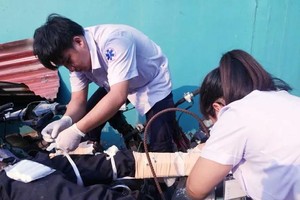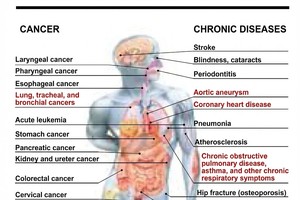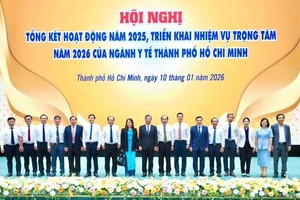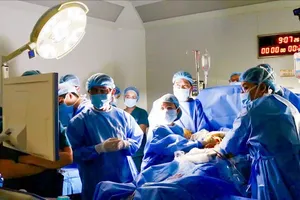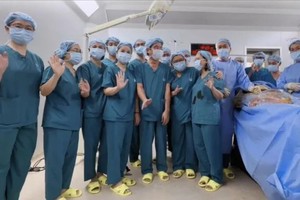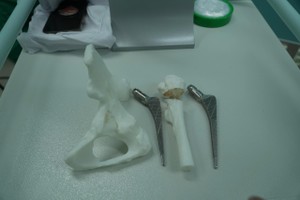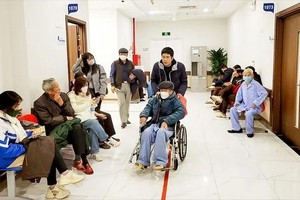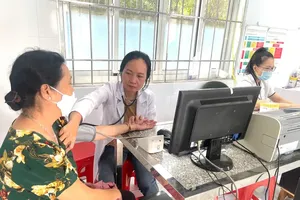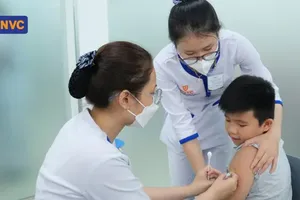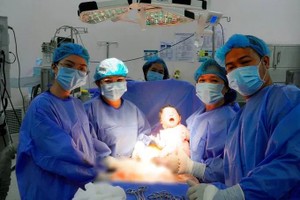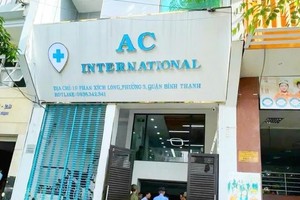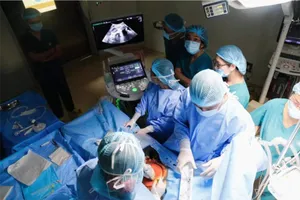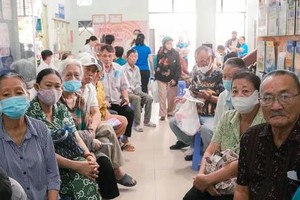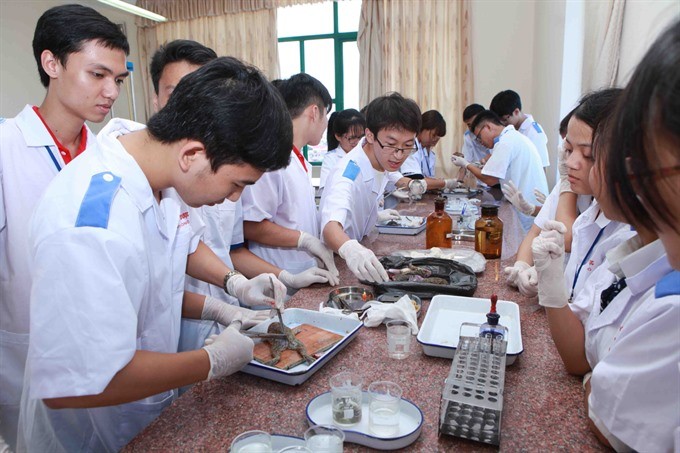
Deputy Minister of Health Le Quang Cuong said that laws on education, higher education, and health exams and treatment would be amended to meet the real needs of training, including more emphasis on practical application.
Cường, who spoke at a conference on training healthcare staff held last weekend by Hong Bang International University in HCM City, said that it was also important to audit the training program.
Dr Tran Diep Tuan, rector of HCM City University of Medicine and Pharmacy, said that by 2020 medical training establishments that do not have audits of quality would not be allowed to be on the list of the World Federation for Medical Education.
Salaries for doctors who study for six years would be raised, according to Cuong.
The Ministry of Health will also create new standards for human resources capacity in the sector, he said, adding that medical doctors who want to practise will have to take tests from a national medical council as other countries do.
According to Nguyen Minh Loi of the Science, Technology and Training Department under the Ministry of Health, the country has 196 universities, colleges and vocational schools that provide training in healthcare.
Their enrollment quotas are around 16,500, which will meet demand for human resources in this sector until 2020.
Tuan said that hospitals and other facilities had not closely worked with training facilities.
Many training facilities offering healthcare majors were teaching outdated medical knowledge, he said.
New training programs would be needed to meet the challenges to provide quality healthcare services in the 21th century.

